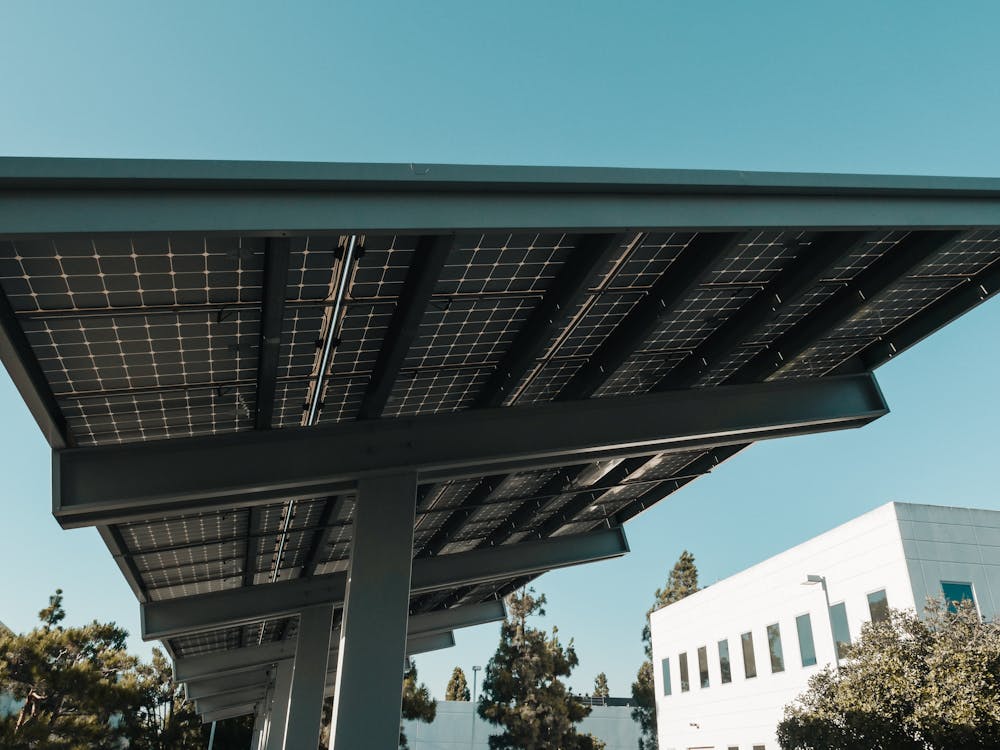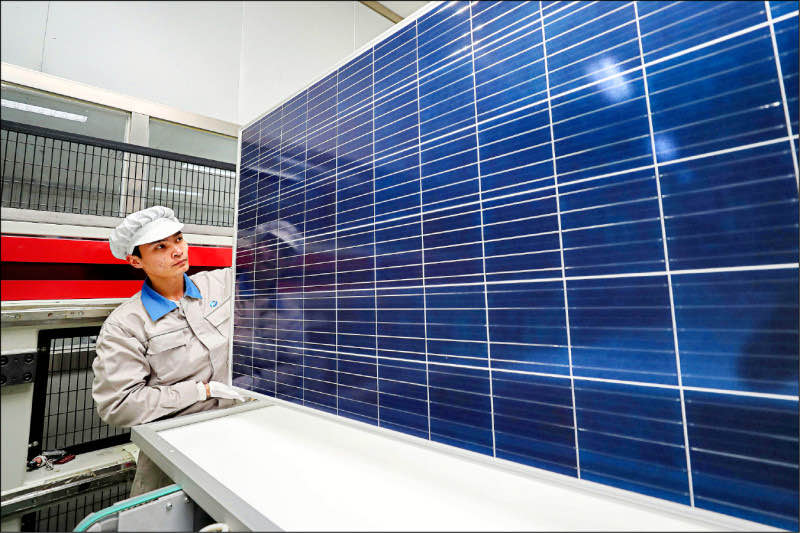Address
511 N Mead St.
St Johns, MI 48879
Work Hours
Monday to Friday: 7AM - 7PM
Weekend: 10AM - 5PM
Address
511 N Mead St.
St Johns, MI 48879
Work Hours
Monday to Friday: 7AM - 7PM
Weekend: 10AM - 5PM

Chinese companies control more than 70% of the world’s production capacity of silicon-based raw materials and solar panel components, and dump them in large quantities into the European and American markets
According to S&P Global data, Chinese companies control more than 70% of the world’s production capacity of silicon-based raw materials and solar panel components, and dump them in large quantities into the European and American markets. In order to break China’s monopoly on the solar market, the United States has raised tariffs on imported solar panels from China, and the European Union has stepped up scrutiny of Chinese companies’ bids for solar photovoltaics The two places have also begun to vigorously support the local solar industry
US tariffs double, Europe strictly scrutinizes bids from Chinese companies

In order to protect U.S. optoelectronic companies from unfair competition from their Chinese counterparts, the U.S. will raise tariffs on imported solar cells from China from 25% to 50% starting from September 27; in addition, the Biden administration will The US$437 billion “Inflation Reduction Act” IRA signed and passed in August clearly stipulates that households that install residential solar power systems can enjoy a 30% tax deduction. It is estimated that by 2030, there will be an additional 9.9% tax deduction in the United States. Five hundred million solar panels.
After the United States passed the IRA, South Korea’s Hanwha Qcells, the largest solar panel manufacturer outside China, announced in January last year that it would spend US$2.5 billion to build a complete solar photovoltaic supply chain in the United States to cope with China’s low prices. product competition. Hanwha Q CELLS currently has two factories in Georgia and is the largest manufacturer of silicon-based solar products in the United States. In addition to Hanwha Q CELLS, other solar panel manufacturers have announced that they will set up 40 factories in the United States.
In Europe, the European Commission and more than 20 EU member states signed the draft European Solar Charter. Governments are considering using more EU funds and state aid to support troubled European solar panel manufacturers, including Standards such as network security and sustainable development requirements will be added to renewable energy bids, and EU regulations will be quickly implemented to speed up the issuance of licenses for manufacturing facilities.
In April this year, the European Union also launched an investigation into Shanghai Electric Group and Longi Green Energy, which participated in the Romanian solar power park bidding project, in accordance with the “Foreign Subsidies Act” to understand whether the quotations of these two Chinese bidders excessively benefited from Chinese government subsidies. , and finally forced the two Chinese companies to withdraw from the bidding.
In addition, Hanwha Q CELLS said that it is adopting a new technology from Israeli startup Lumet, which will reduce the amount of silver required for solar panels to capture sunlight, reduce production costs, and help create a supply chain outside of China.